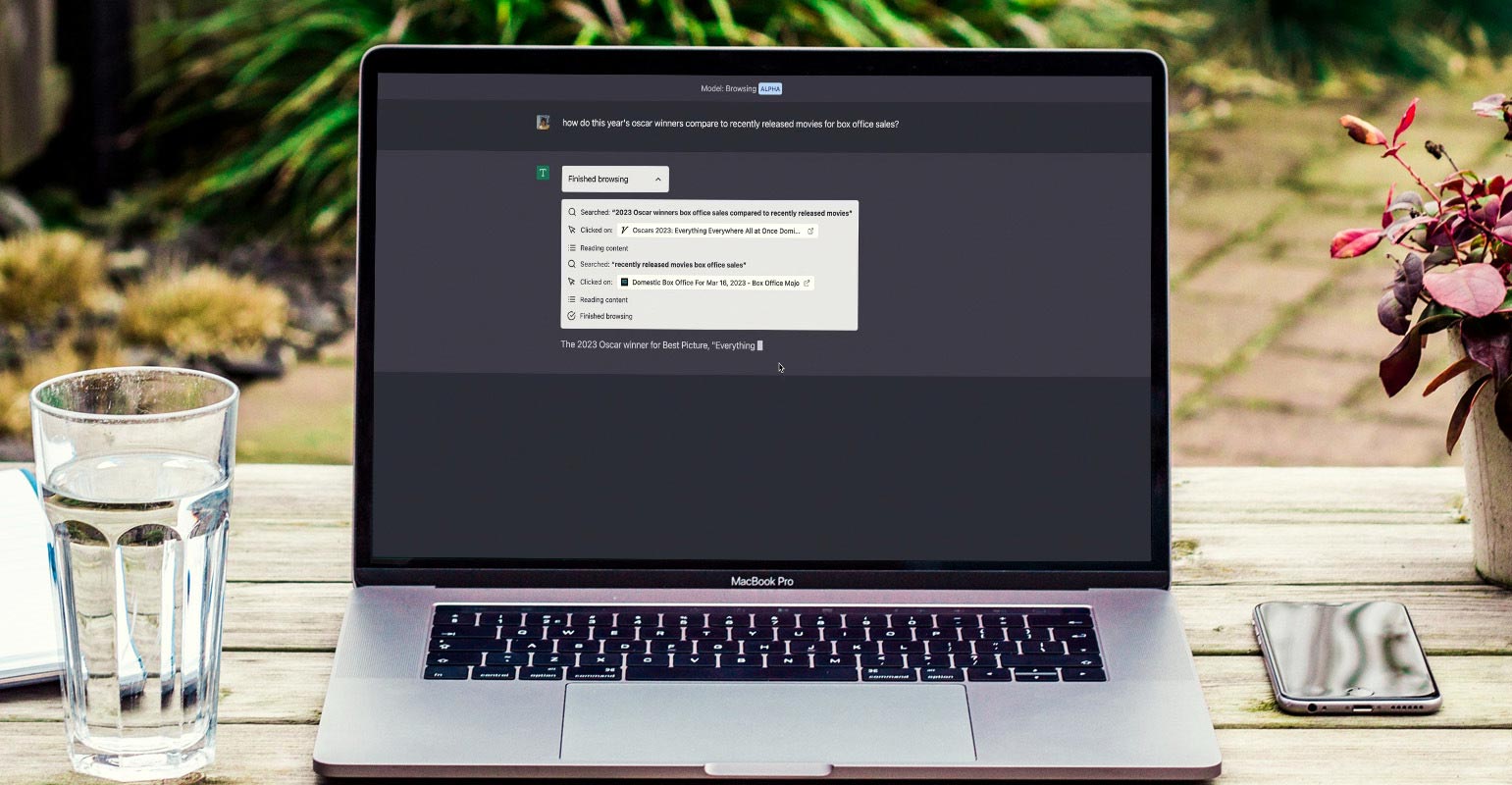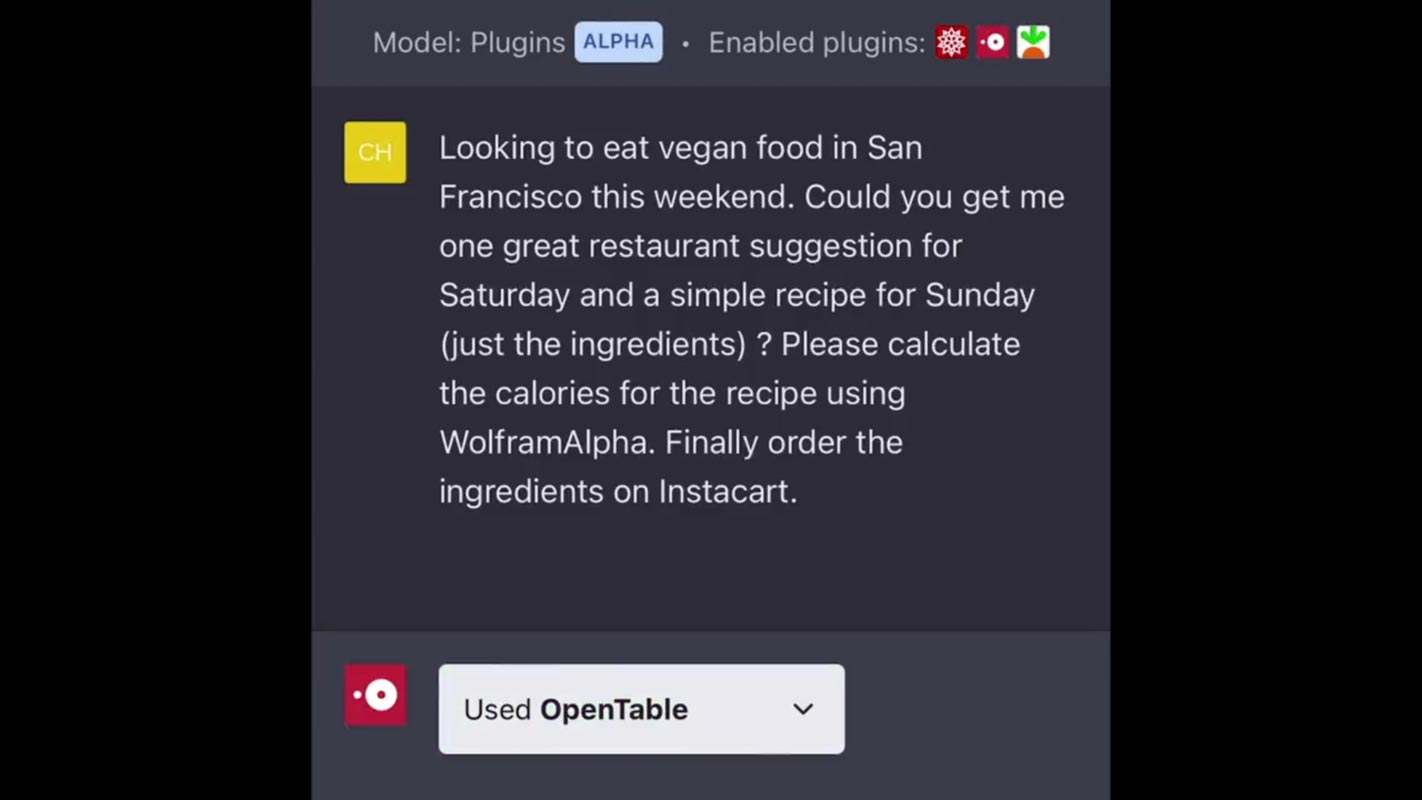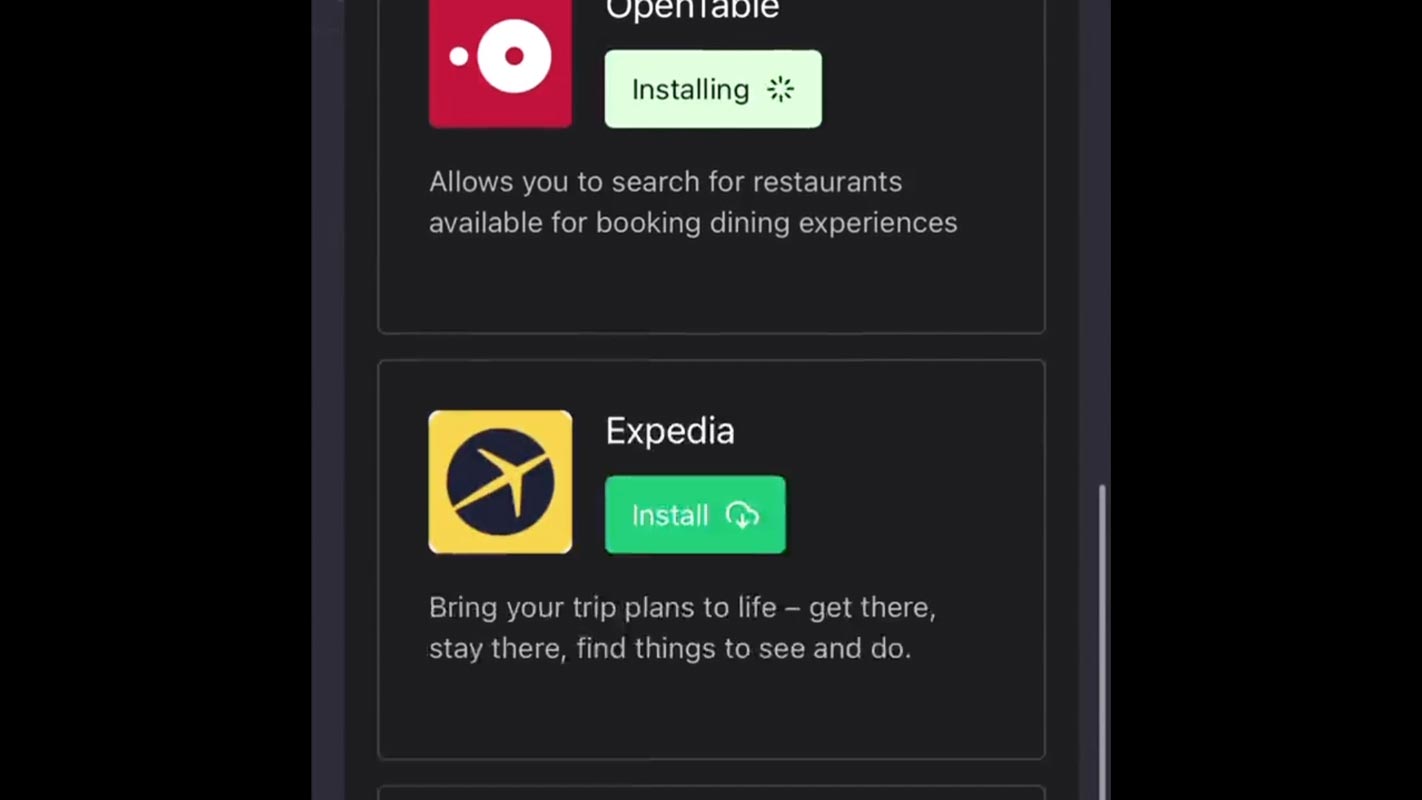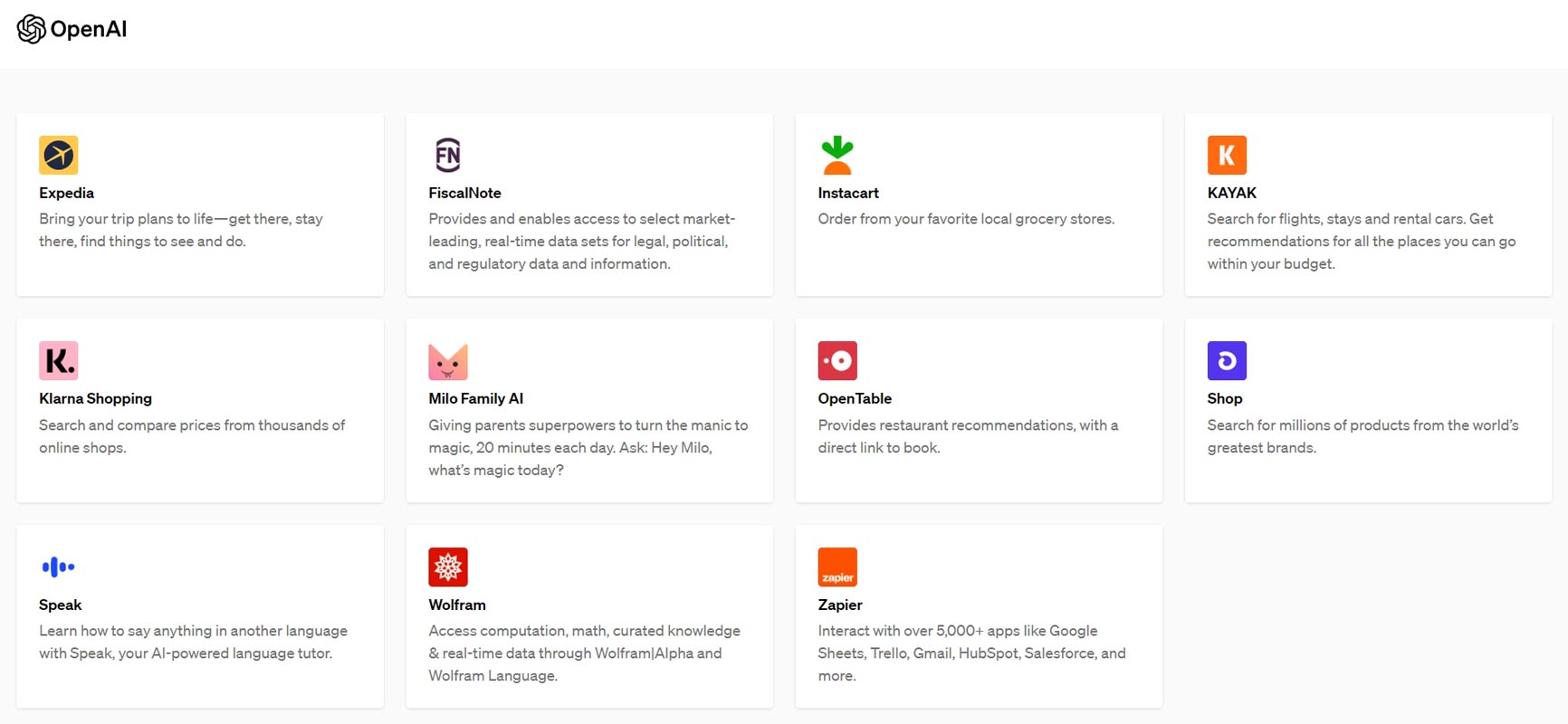ChatGPT, the super-smart language model developed by OpenAI, has just received a massive upgrade in its capabilities thanks to the introduction of plugins. With these new Plugins, ChatGPT can now browse the web and interact with specific websites, opening up a new world of possibilities. In this article, we’ll dive headfirst into the fantastic world of ChatGPT’s plugins and closely examine what they mean for the future of the internet and artificial intelligence.

What are ChatGPT plug-ins?
Plugins are pieces of software that add extra features or functions to a program. In the case of ChatGPT, plugins allow the language model to access and interact with external websites and services. This means that the bot can now browse the web, order products, book travel, and perform many other tasks previously beyond its capabilities.
How do ChatGPT plug-ins work?

Plugins provide ChatGPT with a way to interact with external websites and services. When a user asks ChatGPT to perform a task requiring information or action from an external site, the plugin connects the bot and the area. This allows ChatGPT to retrieve and manipulate data, fill in forms, and perform other actions just as a human user would.
What are the benefits of ChatGPT plugins?
ChatGPT’s new plugins offer several benefits for users. Firstly, they allow the bot to perform a broader range of tasks, making it a more versatile and valuable tool. Secondly, they can save time and effort for users by automating repetitive or complex tasks. For example, users can now ask ChatGPT to order groceries or book a flight, and the bot will handle the entire process from start to finish. Thirdly, plugins can help to make ChatGPT more accurate and reliable by providing access to up-to-date information and services.
What are the potential risks of ChatGPT plugins?
While ChatGPT’s new plugins offer many benefits, they also raise some potential risks and concerns. One of the main risks is that the bot may be used for malicious purposes, such as phishing or hacking. Let’s say a user asks ChatGPT to do something that requires access to sensitive information or systems. There’s a risk that the bot could be used to exploit this access, which could potentially cause some problems. Another chance is that the bot may make mistakes or errors when performing tasks, leading to unintended consequences or damage. Finally, there are concerns about the ethical and social implications of using ChatGPT to replace human labor in specific industries.
What are some examples of ChatGPT plugins?

OpenAI has already released several plugins for ChatGPT, including ones for popular services like Expedia, OpenTable, and Kayak. These plugins allow users to book travel, make restaurant reservations, and find local events. Additionally, OpenAI has created plugins for ChatGPT, including a browser plugin that enables the bot to retrieve information from the web and an interpreting plugin that helps the bot understand and interpret code.

What are the future possibilities for ChatGPT plugins?
The possibilities are endless! With the introduction of plugins, ChatGPT has the potential to become a highly versatile interface that can interact with a wide range of services and sites. As the number of plugins grows, ChatGPT can perform increasingly complex tasks, making it a valuable tool for businesses and individuals.
In the future, we could see ChatGPT as a personal assistant, scheduling appointments, ordering groceries, and booking travel plans. It could become a powerful research tool, able to quickly scour the internet and provide users with accurate and detailed information on any topic. With the ability to interact with websites, ChatGPT could even automate specific business tasks, such as responding to customer inquiries or processing orders.
FAQs
Will ChatGPT plugins be available to everyone?
Currently, plugin access is limited to a small set of users. However, as the technology improves and becomes more widely adopted, ChatGPT plugins will likely become more widely available.
Can ChatGPT be trusted with sensitive information?
As with any technology, ChatGPT poses potential security risks. However, OpenAI addresses these concerns and ensures the safety and security of users’ data.
What kind of tasks can ChatGPT perform with plugins?
With the introduction of plugins, ChatGPT can perform a wide range of tasks, including ordering groceries, scheduling appointments, and even booking travel plans.
Are there any limitations to ChatGPT plugins?
At present, there are limitations to what ChatGPT can do with plugins. However, we will likely address these limitations as technology improves and more plugins become available.
How can I get access to ChatGPT plugins?
Currently, access to ChatGPT plugins is limited to a few users. However, plugins will likely become more widely available as the technology becomes more widely adopted.
Wrap Up
The introduction of plugins is a significant step forward for ChatGPT. With the ability to interact with external sites, ChatGPT has become much more than a simple chatbot. It can revolutionize how we interact with technology and make our lives easier. However, these plugins raise concerns about safety and security, which we must address before fully integrating ChatGPT into our daily lives.
Any new technology is bound to face challenges and setbacks, but the potential benefits of ChatGPT plugins outweigh the risks. With the proper precautions and safeguards, ChatGPT could become a valuable tool for businesses and individuals, streamlining our daily routines and making our lives more convenient.

Selva Ganesh is the Chief Editor of this Blog. He is a Computer Science Engineer, An experienced Android Developer, Professional Blogger with 8+ years in the field. He completed courses about Google News Initiative. He runs Android Infotech which offers Problem Solving Articles around the globe.



Leave a Reply